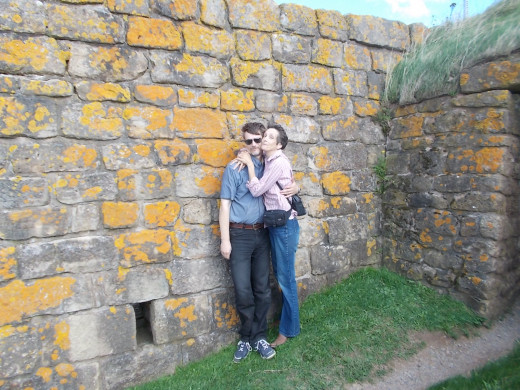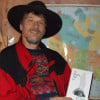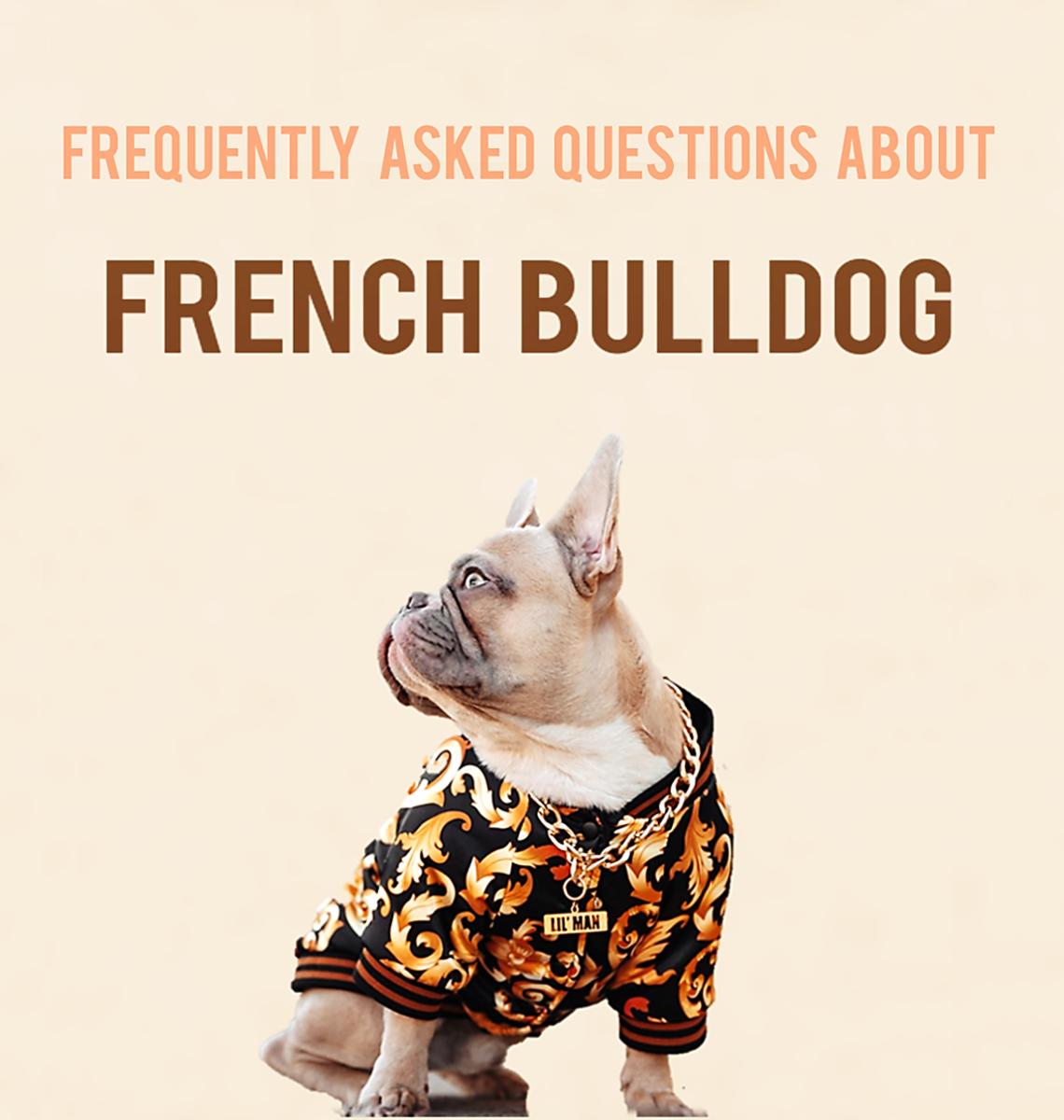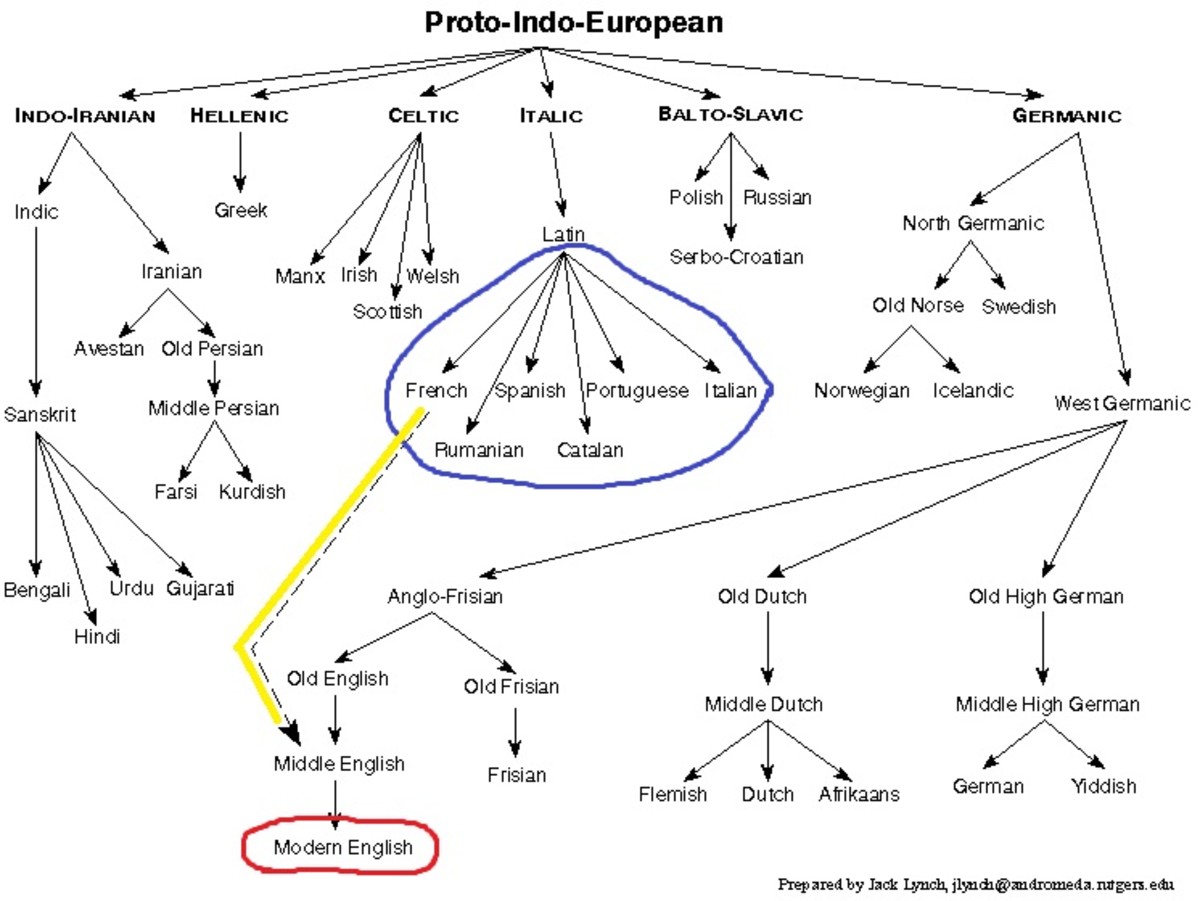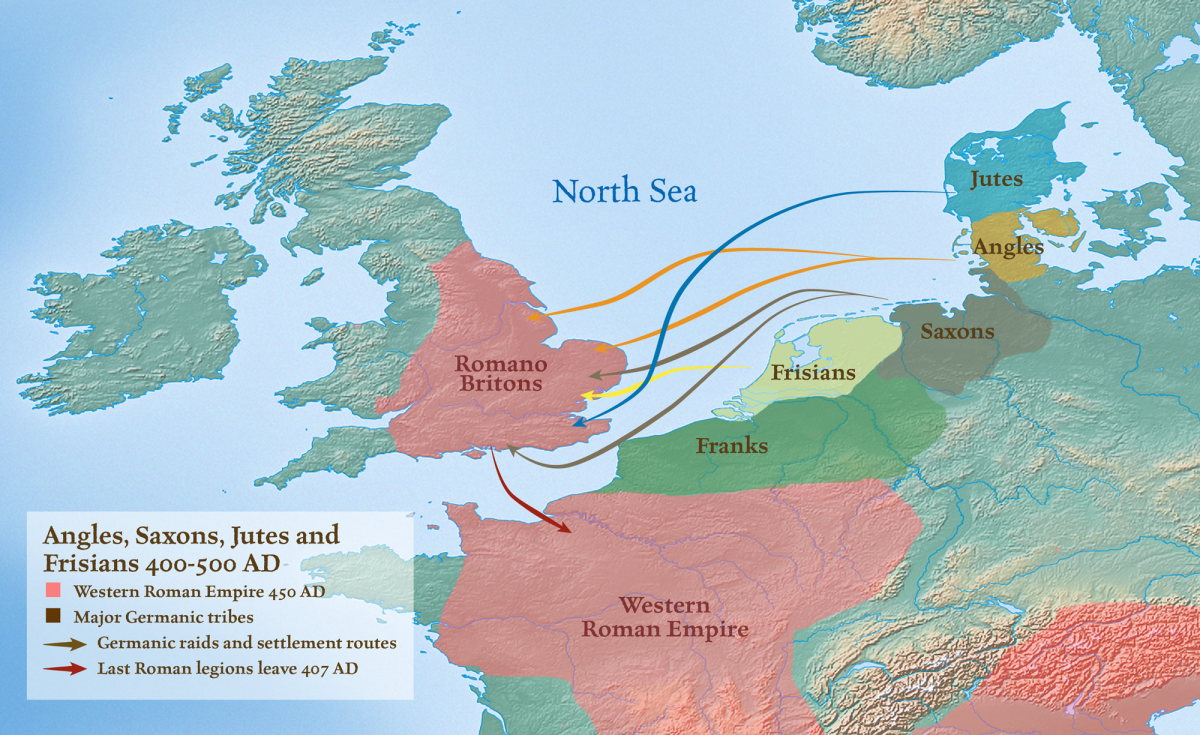Lost in the Translation

Who's On First? - 911 Call
Just so that there is no misunderstanding, the French Canadian woman in this story was not my wife. Francine would keep her cool enough to clarify the situation all by herself. This little gem was recounted to me by a friend. This is my paraphrase of what happened.
The eastern most corner of the province of Ontario between Ottawa and Montreal is a mix of French and English speaking communities. L'Orignal is a French community along the Ottawa River. L'Orignal translated into English means The Moose. The English in the area had similar town naming proclivities. A nearby town is called Moose Creek.
The aforementioned French Canadian lass was driving on a main road minding her own business when a moose bolted out of the bush onto the road. She hit it. Hitting a moose is serious business. A lot of people have been killed in collisions like that. She was lucky though. Her car was badly damaged but she was unhurt. The moose wasn't so lucky.
Parked on the side of the road shaking and emotional she pulls out her cellphone and calls 911. Keep in mind this entire conversation takes place in French.
She tells her story and they tell her they will send help. All is going well until they ask her where she is parked. She tells them she is close to L'Orignal (the moose). The operator does not understand. He tries to soothe her emotions by telling her not to worry about the poor departed moose. He asks her again the name of the nearest town. She replies with L'Orignal again and starts crying. The operator still doesn't get it and this goes back and forth hopelessly until another motorist stops and explains it all for her.
This to me is hysterically funny. Don't name towns after large animals or this is what could happen.
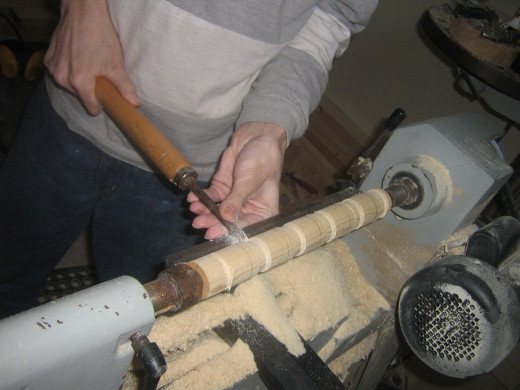
Trying Too Hard
I worked for eight and a half years for a rocking chair manufacturer in Quebec. I was the only anglophone and my French was not the greatest. I did try to learn at every opportunity.
My assignment at work was the manual shaper, a potentially dangerous machine. My machine used cutter heads with changeable carbide knives. Carbide is quite brittle so there was a different support backplate with each different profile knife.
One of my sets of backplates were damaged and I was tired of making hand gestures to explain what I was talking about. I asked the lead hand what backplates were called in French. He said, "Cette un backplate." - I could've gotten that.

I Get My Comeback
Being the only anglophone in a French work environment usually worked to my disadvantage. Usually but not always.
A special order was coming through the shop and part of that order had to be cut on a little used shaper with a plunging table. Complicated American built beast but it could cut profiles in really long pieces of work beyond any other machine in the shop.
Because of my experience, I got the call. For the sake of safety, the lead hand had to give me a thorough orientation before I could begin the job. This orientation included a very long list of safety rules specific to this particular machine. The lead hand plunged into this list with some skepticism. When he finished he asked me if I understood and then if I was sure I understood. I put him at ease by showing him that the entire list was written on the side of the machine in English. We both had a good laugh over that.
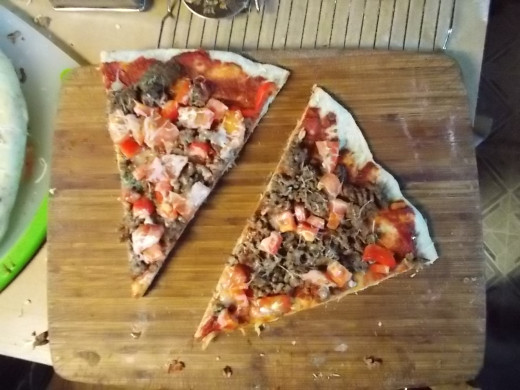
Would You Like Mushrooms On Your Pizza
The French word you find on a can of mushrooms in this country is champignon. It sounds so haute cuisine. Of course it's French. The French are highly regarded for their culinary skill.
Turns out the word loses a lot more in the translation than you can imagine. It doesn't mean mushroom. It means fungus. Any kind of fungus.
My long suffering wife developed an embarrassing rash recovering from the birth of one of our children. She had been sitting a lot more than she normally would. She went to the doctor to have it checked. When she returned, she told me that she didn't know what it was called in English but explained to me that she had "des champignons", at which I burst out laughing. I'm sorry I'd only seen the word on cans in the grocery store and some odd pictures cropped up in my mind.
Champignons includes athlete's foot and yes jock itch. So when ordering mushrooms on your pizza in a French country be careful not to scratch one of those embarrassing itches. You don't want them to get the order wrong.
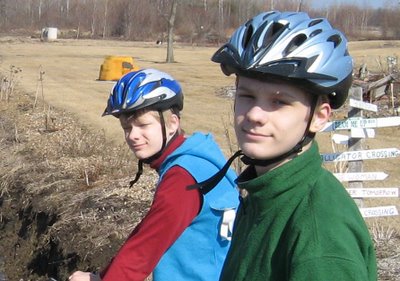
I Don't Want to Help
Recognizing root words across different languages can be useful. I can get by in French and I understand a great deal of Dutch. Sometimes it allows me to understand what's going on when I'm listening to another Romance or Germanic language. It is not a perfect science though.
My wife who was carrying our twin boys at the time, went into labour and we rushed to the hospital in St. Hyacinthe, Quebec. The doctor advised us that the babies were oriented feet first and there was a danger of the umbilical cords getting tangled and losing one or both babies. The decision was to transport her to Ste. Justine Hospital in Montreal and perform an emergency cesarean.
They packed Francine up in an ambulance and I headed home to leave instructions for my parents-in-law to take care of our oldest before following. The ambulance had trouble with traffic, while I came by a different route. In spite of my stop, I arrived only minutes behind them.
I was directed to follow an orderly who didn't speak a word of English. He asked me if I wanted to "assister" with the operation. Assister in French actually means to attend, but that isn't what I thought. I was having horrible thoughts about cutbacks to Canadian healthcare programs. I was responding with "juste regarder" which means just look. The orderly was nodding yes, while I was shaking no. I went into the operating room anyway and talked to the conscious end of her through the whole thing.
Stressful situation, which is funny now but not at the time. It did have a happy ending as the above photo can attest.
How many languages do you speak?
Speaking more than one language is a wonderful skill. I'm interested in knowing what percentage of my readers are blessed with more than one language.
